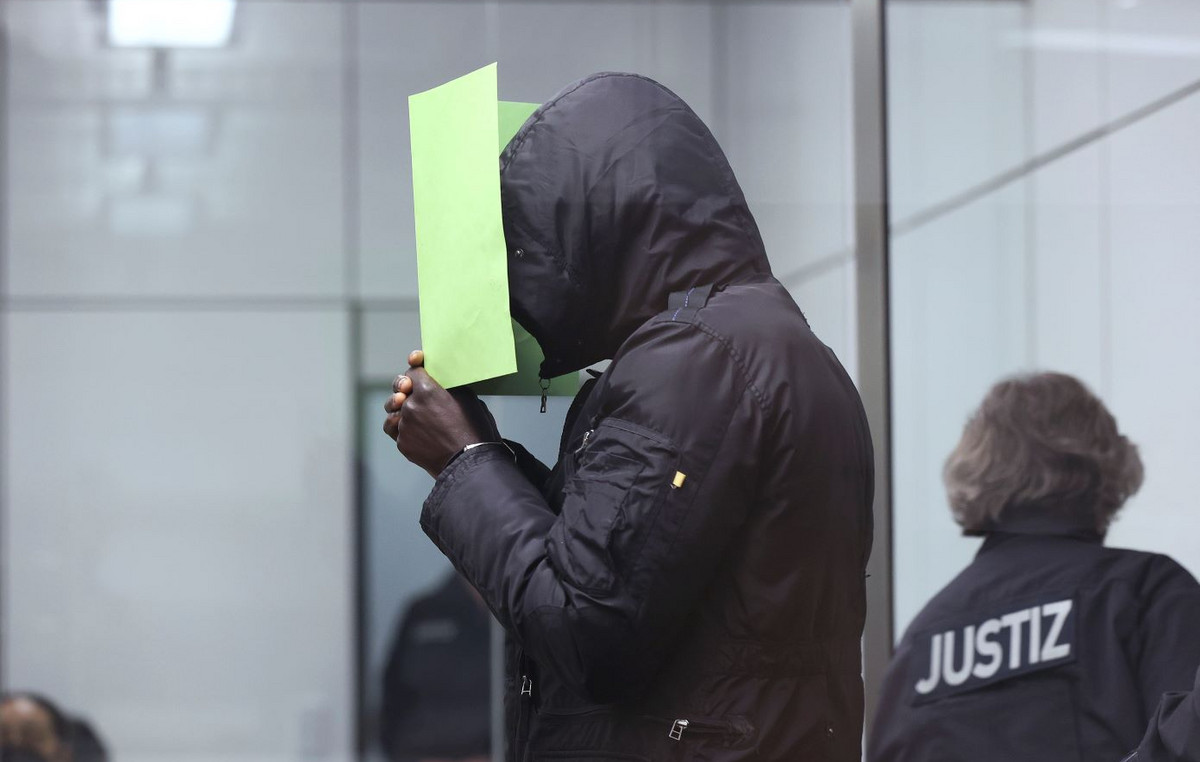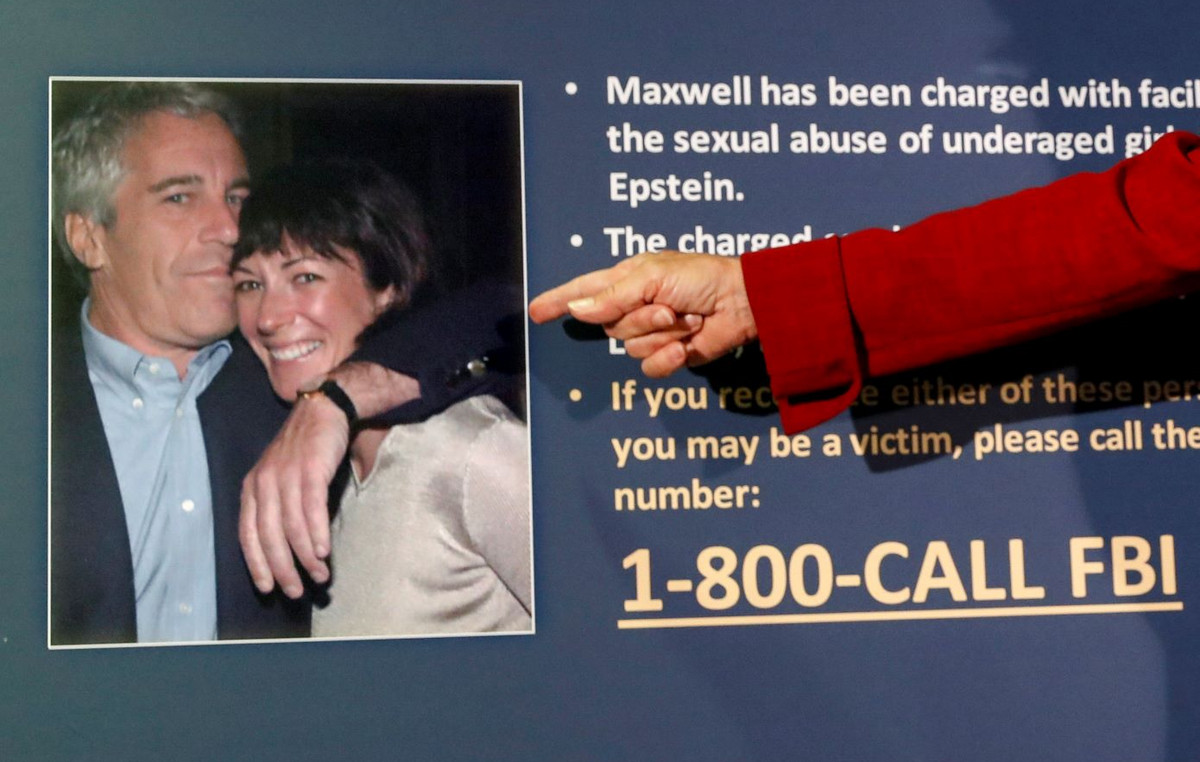Israeli Prime Minister Benjamin Netanyahu has hit back at accusations that his military is deliberately attacking UN peacekeepers in southern Lebanon, saying they are “completely false”.
“It is exactly the opposite,” he said in a video statement on Monday, adding that Israel has “repeatedly asked the United Nations Interim Forces in Lebanon (Unifil) to move out of harm’s way” and “temporarily leave the combat zone.”
Last week, the UN noted that the Israeli military shot at its peacekeepers, forcibly entered a base, disrupted a critical logistical movement and injured more than a dozen of its troops in southern Lebanon.
Israel accused Hezbollah of operating in areas close to Unifil posts and warned UN peacekeepers in Lebanon that they were in “the path of danger”.
“Israel is not fighting against Unifil. He is not fighting the people of Lebanon. He is fighting against Hezbollah, a proxy for Iran, which uses Lebanese territory to attack Israel,” said Netanyahu.
He further highlighted that “Hezbollah uses Unifil facilities and positions as cover while attacking Israeli cities and communities.”
The prime minister said his country regrets any harm caused to Unifil personnel and insisted that his army was “doing its utmost to prevent such incidents”.
Understand the escalation in conflicts in the Middle East
Iran’s missile attack on Israel on October 1 marked a new stage in the regional conflict in the Middle East. On one side of the war is Israel, with support from the United States. On the other, the Axis of Resistance, which receives financial and military support from Iran and which has a series of paramilitary groups.
There are seven conflict fronts currently open: the Islamic Republic of Iran; Hamas, in the Gaza Strip; Hezbollah, in Lebanon; the Syrian government and the militias operating in the country; the Houthis, in Yemen; Shia groups in Iraq; and different militant organizations in the West Bank.
Israel has soldiers on three of these fronts: Lebanon, the West Bank and the Gaza Strip. In the other four, it carries out aerial bombings.
The Israeli Army began a “limited ground operation” in Lebanon on September 30, days after Israel killed Hezbollah leader Hassan Nasrallah in a bombing of the group’s headquarters in the Beirut suburb.
The Israel Defense Forces say they have killed virtually the entire Hezbollah chain of command in similar bombings carried out in recent weeks.
On September 23, Lebanon had its deadliest day since the 2006 war, with more than 500 fatalities.
At least two Brazilian teenagers died in the attacks. Itamaraty condemned the situation and called for an end to hostilities.
With the increase in hostilities, the Brazilian government announced an operation to repatriate Brazilians in Lebanon.
In the West Bank, the Israeli military is trying to dismantle groups opposed to Israel’s occupation of Palestinian territory.
In the Gaza Strip, Israel seeks to eradicate Hamas, responsible for the October 7 attack that left more than 1,200 people dead, according to information from the Israeli government. The Israeli operation killed more than 40,000 Palestinians, according to the enclave’s Ministry of Health, controlled by Hamas.
Hamas leader Yahya Sinwar remains hidden in tunnels in the Gaza Strip, where dozens of Israelis kidnapped by Hamas are also believed to be in captivity.
This content was originally published in Netanyahu denies that Israel is deliberately attacking the UN base in Lebanon on the CNN Brasil website.
Source: CNN Brasil
Bruce Belcher is a seasoned author with over 5 years of experience in world news. He writes for online news websites and provides in-depth analysis on the world stock market. Bruce is known for his insightful perspectives and commitment to keeping the public informed.







